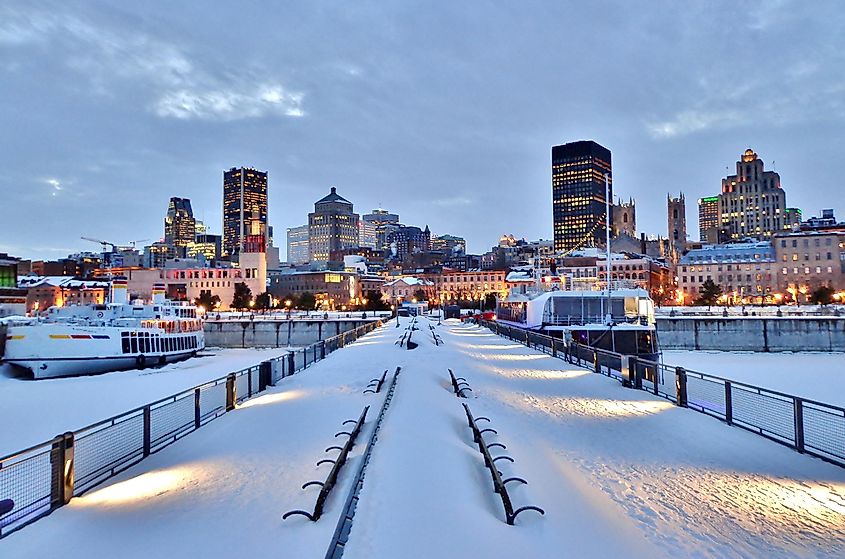Imagine a land where snow blankets the ground for most of the year, where temperatures plummet to bone-chilling lows, and where the sun is a mere visitor during the cruel winter months. Welcome to Antarctica, the coldest country on Earth, a place that both fascinates and intimidates those who dare to venture into its unforgiving embrace.
![20 Coldest Countries in the World [2022 World’s Coldest Country] — What ...](https://images.squarespace-cdn.com/content/v1/5beb0a44f2e6b1113f9519d9/a76a27c8-2b3b-4138-b34f-8d0e72094ede/Coldest+country+of+the+world+-+Finland.jpg)
Image: www.whatsdannydoing.com
While not technically a country in the traditional sense, Antarctica holds the distinction of being the most isolated, highest, driest, and coldest continent on our planet. Its vast, icy wilderness is home to a unique ecosystem of flora and fauna, scientific research stations, and a handful of brave souls who call this extreme environment home.
The Ice Cap Calls: A Journey to Antarctica
Antarctica is a continent unlike any other, and getting there is no easy feat. Most expeditions depart from South America or New Zealand and take several days to reach the icy shores of the continent. Once there, visitors are greeted by a landscape of towering icebergs, endless glaciers, and a silence so profound that it can be deafening.
Those seeking adventure can partake in various activities, such as ice climbing, skiing, or simply immersing themselves in the pristine beauty of the wilderness. However, it is crucial to remember that Antarctica is a fragile ecosystem, and visitors must adhere to strict environmental regulations to minimize their impact on this pristine continent.
Extreme Cold: Surviving the South Pole
The hallmark of Antarctica’s climate is its extreme cold. Temperatures can drop below -100 degrees Fahrenheit during the winter months, making it one of the most challenging environments for human survival. The bitter cold poses constant risks of frostbite, hypothermia, and snowblindness. Specialized clothing and equipment are essential for anyone venturing into this icy realm.
Despite the harsh conditions, Antarctica has attracted countless explorers and scientists over the centuries. Famous expeditions, such as those led by Ernest Shackleton and Roald Amundsen, aimed to conquer the South Pole, pushing human endurance to its limits amidst blinding snowstorms and treacherous ice fields.
The Poles of the Cold
The South Pole is the coldest place on Earth, with temperatures averaging around -80 degrees Fahrenheit throughout the year. The lowest temperature ever recorded in Antarctica was -128.6 degrees Fahrenheit in 2018 at the Russian Vostok Station.
Life on Ice: Flora and Fauna of Antarctica
Beneath the icy exterior of Antarctica lies a surprisingly resilient ecosystem. While devoid of trees and permanent human settlements, the continent is home to a diverse range of animal and plant life that have adapted to the extreme cold.
Emperor penguins, gentoo penguins, and Adélie penguins waddle along the coastlines in large colonies, while seals, whales, and seabirds inhabit the surrounding waters. Antarctic krill, tiny shrimp-like creatures, form the base of the food chain, supporting numerous marine species.
Certain plants, such as lichens, mosses, and algae, have also adapted to Antarctica’s extreme conditions. They colonize ice-free areas, forming vibrant oases of life in an otherwise barren landscape.

Image: www.worldatlas.com
Science at the Bottom of the Earth: Antarctica’s Importance
Antarctica’s unique environment makes it a crucial hub for scientific research. Scientists from around the world study the continent’s climate, geology, wildlife, and the impact of human activity on the fragile ecosystem.
The research conducted in Antarctica provides valuable insights into global climate patterns, the behavior of sea ice, and the health of our planet’s oceans. By unlocking the secrets of this icy wilderness, scientists hope to understand the complexities of our changing world and address pressing environmental challenges.
What’S The Coldest Country In The World
Protecting the Coldest Continent: A Global Concern
As a unique and fragile ecosystem, Antarctica requires careful protection to preserve its pristine wilderness. The continent is governed by the Antarctic Treaty System, a multinational agreement that sets aside Antarctica as a scientific preserve and prohibits military activity. In this way, nations worldwide work together to ensure that Antarctica remains a unique and pristine place for generations to come.
Antarctica: A frozen wonderland, where the power of nature reigns supreme. Its extreme cold, otherworldly landscapes, and resilient ecosystem make it a captivating destination for explorers, scientists, and nature enthusiasts alike. By understanding and preserving this coldest of continents, we safeguard the health and well-being of our planet and the awe-inspiring wonders it holds.
